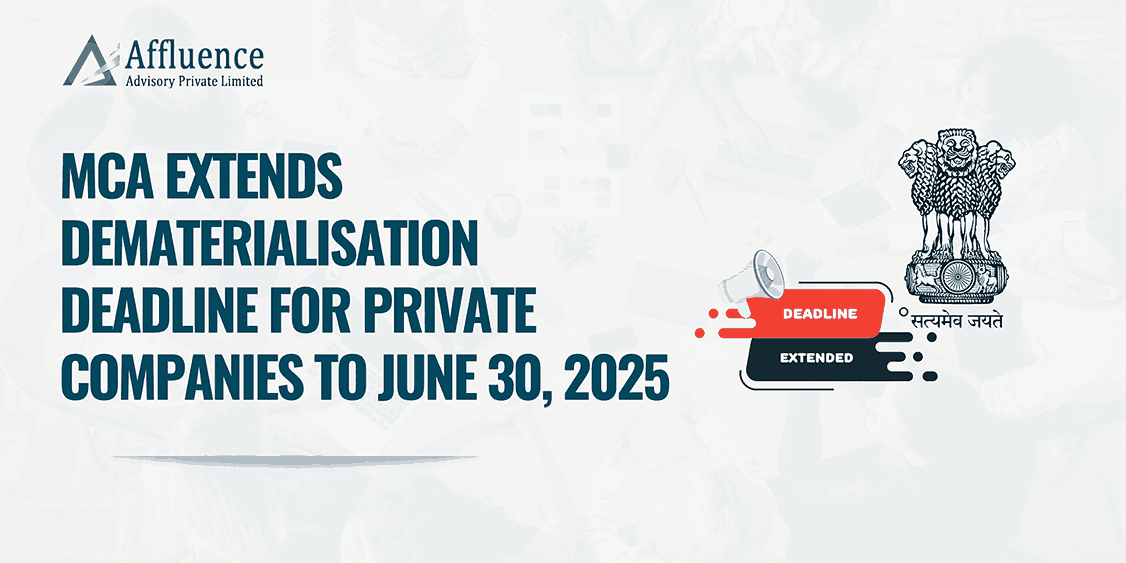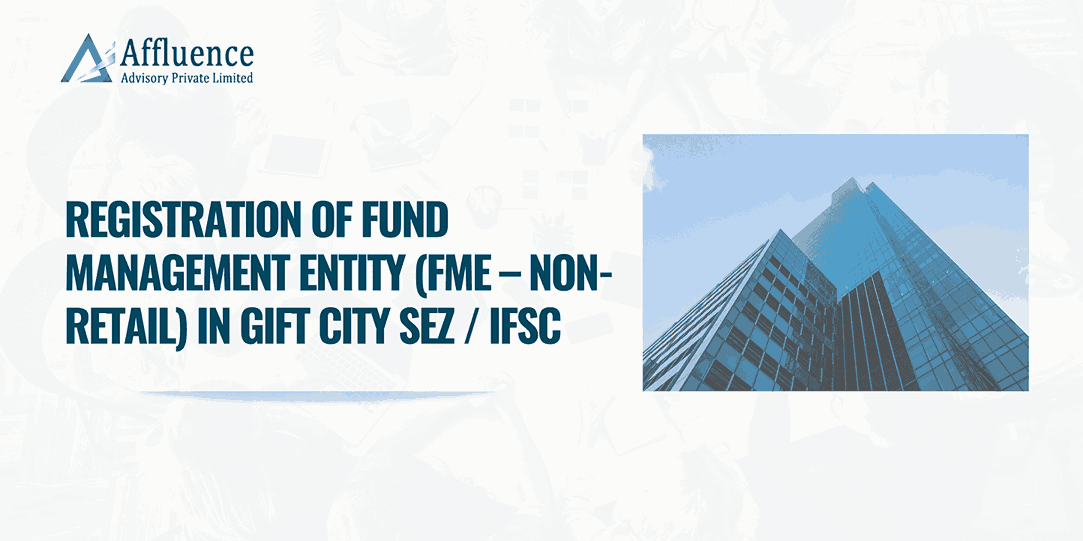The Ministry of Corporate Affairs (MCA) has via its notification dated February 12, 2025, has extended the deadline for the mandatory dematerialisation of securities to June 30, 2025. This move comes in response to representations from stakeholders highlighting challenges in the timely implementation of demat requirements, especially among small and medium private enterprises. It brings a significant relief to private sector entities striving to meet regulatory requirements introduced under Rule 9B of the Companies (Prospectus and Allotment of Securities) Rules, 2014.
Background
As per Rule 9B of the Companies (Prospectus and Allotment of Securities) Rules, 2014, introduced through earlier amendments, all private companies (excluding small companies and government companies) were required to ensure that their securities are held in dematerialised form by their shareholders before making any fresh issuance or transfer of securities. The original deadline for compliance was set for March 31, 2025.
Extension Rationale
As it was necessitated that shares issued by such companies be held only in demat form and that any transfer or allotment of securities post the cut-off would also be permitted solely in electronic format; implementation challenges such as limited awareness, procedural delays in obtaining ISINs, and practical difficulties in converting physical shares to electronic form prompted the government to reconsider the timeline.
Further, recognising these constraints, especially in the case of companies with low digital readiness or large volumes of physical shareholding, the MCA amended the earlier notification to allow more time for compliance. This amendment, made via Notification No. G.S.R. 125(E) dated February 12, 2025, pushes the effective date for mandatory dematerialisation to the end of June 2025. During this extended period, companies will still be permitted to issue and transfer shares in physical form.
The rule applies broadly to all private limited companies that do not fall under the category of “small companies.” These include entities with higher capital thresholds or those serving as holding or subsidiary companies, which are explicitly included within the scope of the regulation irrespective of size. The move aims to increase transparency, reduce fraud, and streamline capital management within the corporate ecosystem.
It is important for private companies to utilise this extended window to complete the necessary formalities, which include
- Opening demat accounts,
- Obtaining ISINs,
- Modifying their Articles of Association where required, and
- Ensuring their statutory filings such as PAS-6 are accurate and timely.
Non-compliance beyond the revised deadline could result in regulatory hurdles and restrictions on share transfers.
Next Steps for Companies
At Affluence Advisory Pvt. Ltd., we recommend that companies begin preparations early despite the extension, as dematerialisation is not only a compliance necessity but also a critical step toward modernising corporate governance and ensuring investor confidence. Our experts are well-equipped to guide your organisation through each step of the demat process, helping you stay ahead of regulatory deadlines with confidence and clarity.
Disclaimer: This article provides general information existing at the time of preparation and we take no responsibility to update it with the subsequent changes in the law. The article is intended as a news update and Affluence Advisory neither assumes nor accepts any responsibility for any loss arising to any person acting or refraining from acting as a result of any material contained in this article. It is recommended that professional advice be taken based on specific facts and circumstances. This article does not substitute the need to refer to the original pronouncement.
CLICK HERE DOWNLOAD PDF








